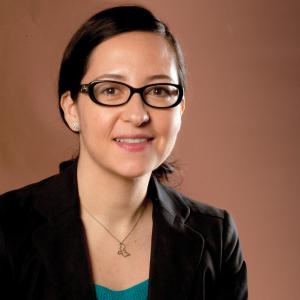Making efficiency programs work requires understanding real-world behavior.
Veronica Irastorza was Mexico’s Undersecretary of Energy Planning and Transition. She is now a visiting scholar at the Center for Environmental Public Policy at the University of California-Berkeley.
A man named Raul was ready to replace his air conditioner because it was too old. He got a rebate that he didn’t even know about until he went to buy the new AC unit. Now Raul is using his AC much more than he did the old noisy one, and as a result he’s consuming more energy than he did before – even though his new appliance is more efficient than the old one was. Policymakers who decided to provide a rebate assumed that people like Raul would use their new air conditioners the same way they used their old ones, and thus they overestimated the energy savings AC replacements would bring.

This was the case in Mexico, where a large program that provided rebates to replace air conditioners resulted in increased consumption instead of the decrease that the engineers estimated before the program started.
This result really puzzled me. I was convinced that energy efficiency was the easiest way to move toward a more sustainable world. People save money when they get a lower bill, the government saves money on avoided subsidies, and the world gets less emissions. However, now I realize it’s not that simple.

